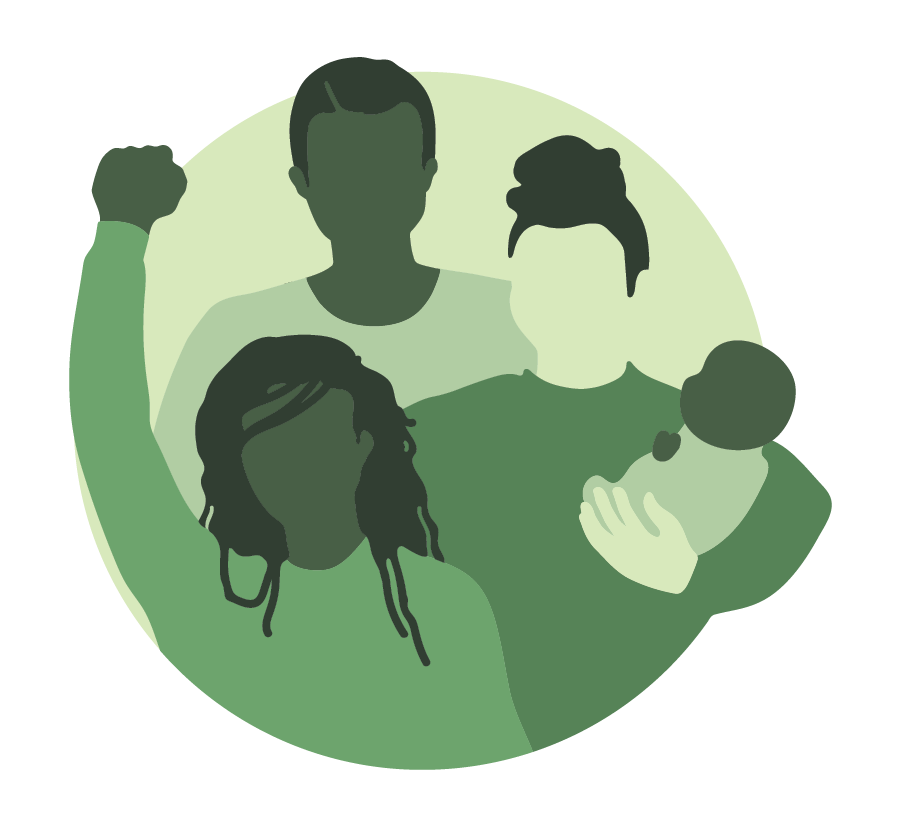April 11 is International Day for Maternal Health and Rights where the focus is on every person’s right to respectful, quality, safe, and comprehensive maternal health care. According to the World Health Organization’s Partnership for Maternal, Newborn, and Child Health, globally, 800 women die each day from preventable causes due to pregnancy and childbirth with the vast majority of these women in low- and middle-income countries in Sub-Saharan Africa. In order to make progress, we need to acknowledge the human rights necessary to improve maternal health outcomes and prevent maternal deaths.
The Wilson Center identifies five key human rights to aid in this goal:
The Right to Survive Childbirth
Approximately 287,000 women die due to pregnancy-related causes across the globe with most of these being preventable. The leading causes of maternal death are hemorrhage, infection, pre-eclampsia, and complications from delivery. These preventable deaths can be attributed to shortfalls in health care systems.
The Right to High Quality Care
Respectful maternity care is a core human right for pregnant people. It includes right to information, informed consent, and respectful care.
The Right to Equity and Non-Discrimination
Racism is a key drier of disparities in maternal health outcomes. In the United States, Black pregnant people are 3-4 times more likely to die in childbirth than white women (shoutout to Black Maternal Health Week—more to follow!). Internationally, people belonging to racial and ethnic minority groups report discrimination within the health system, systemic biases based on misinformation, and structural barriers to receiving high-quality care.
The Right to Government Accountability
Maternal health is essential to the health of communities. Governments have a responsibility to ensure the health and well-being of it’s residents, especially maternal health.
The Right to Family Planning and Contraception
Across low- and middle-income countries, about 218 million women are sexually active and report either not wanting more children or wanting to delay childbirth, but are not using any method of contraception. This leads to unintended pregnancies, further contributing to maternal mortality and morbidity. Increasing contraception and family planning access promotes the right to education and information, and the right to decide the number and spacing of children.

